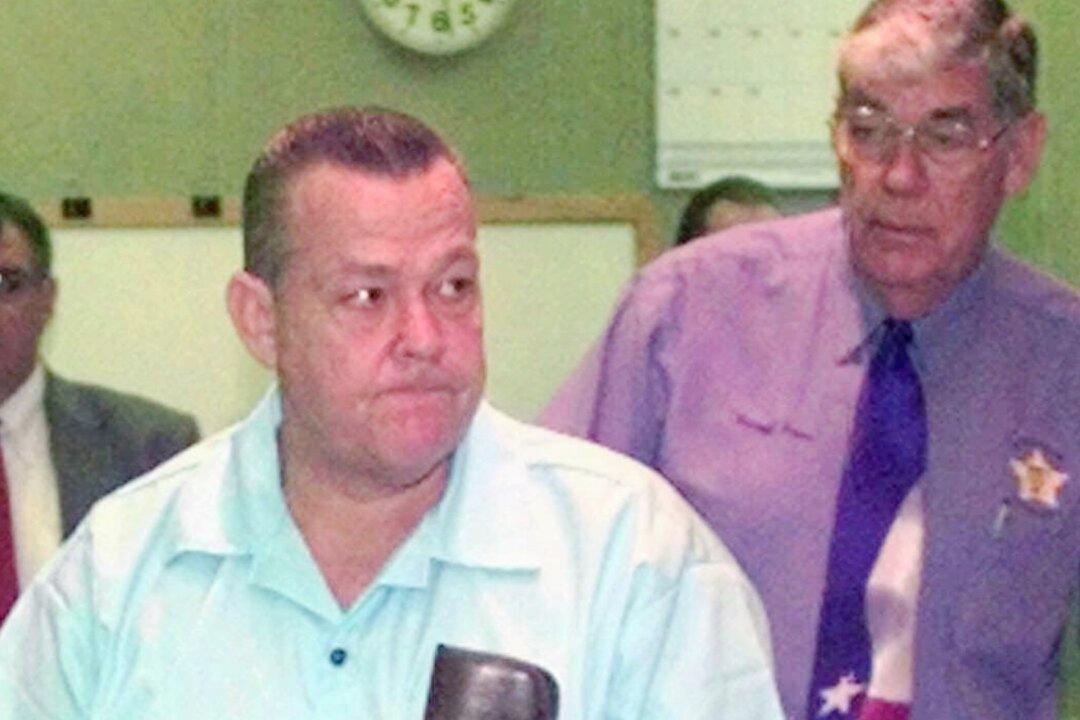PORTLAND, Oregon—A convicted murderer called the “Animal,” who was executed by the state of Texas in 1999 has been identified by DNA as the person who killed a young woman in Portland, Oregon, nearly 40 years ago.
Anna Marie Hlavka, 20, was killed in an apartment on July 24, 1979. Authorities said on Jan. 31, her killer, Jerry McFadden, was identified using the same technology that led to an arrest last year in California in the “Golden State Killer” case.





